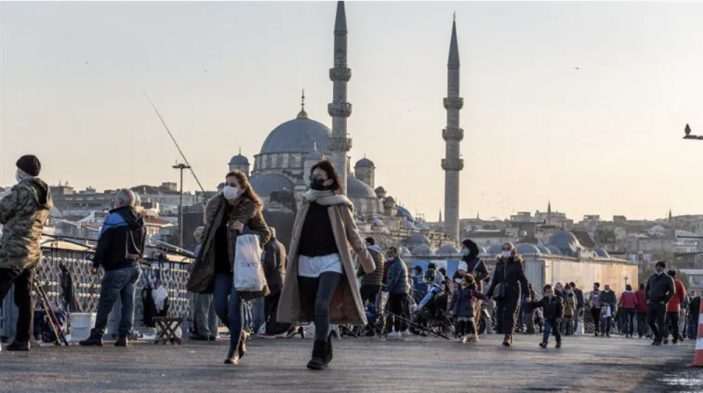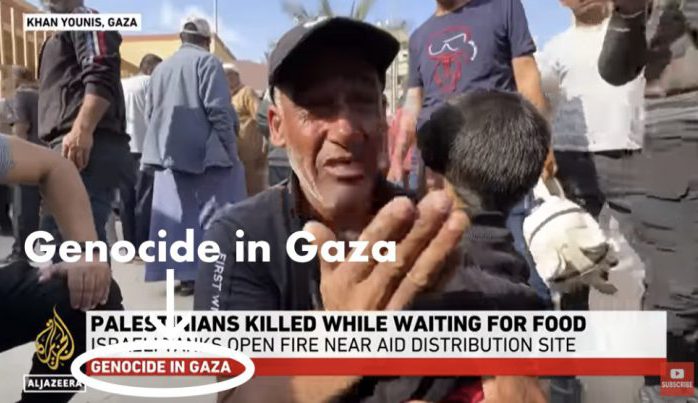As antisemitism rises globally and war rages in Israel, author Mark Leach shares how the timeless practice of Shabbat — or even a secular day of rest — can equip us with resilience, clarity, and hope.
In an age of growing antisemitism in Australia and the ongoing war against Israel, many are asking: How do we keep going? How do we find the inner strength not just to survive, but to thrive in these turbulent times?
Mark Leach, writing under the banner Never Again is Now, suggests that the ancient rhythm of Shabbat (Sabbath) holds the key. He explains that whether you are Jewish, Christian, or simply secular, the principle of a sacred pause builds resilience and re-centers life on what truly matters.
Leach highlights three powerful reminders — all beginning with P — that Shabbat can instill:
1. Personal – It’s Not About You Alone
Hardships can feel deeply personal, but they rarely are. Even antisemitism, Leach argues, isn’t truly about the individual Jew but about an ancient hatred targeting a people and ultimately God Himself.
Shabbat reframes identity: “I am not the creator, I am not the one who must solve everything. My worth is rooted in God, not in the hate of others.”
2. Pervasive – Darkness Does Not Fill Everything
Challenges may feel overwhelming, but they don’t define all of life. Amid sorrow, there remains family, joy, community, and love.
Shabbat is a weekly reminder of life’s beauty — through worship, meals, stillness, and shared laughter. It is a practice of seeing light even when shadows loom.
3. Permanent – This Too Shall Pass
Even the deepest pain is temporary. The war in Gaza will end, the wave of hatred will subside.
Shabbat embodies this hope, declaring that evil is not eternal. Rest in God, Leach reminds us, for He alone defeats evil and renews all things.
And for those who are not religious? A “secular Shabbat” — a conscious break from endless work, worry, and conflict — can still be profoundly healing.
“At the heart of Shabbat is the reminder that we are not defined by hate, but by God, by love, by community, and by resilience.” – Mark Leach





